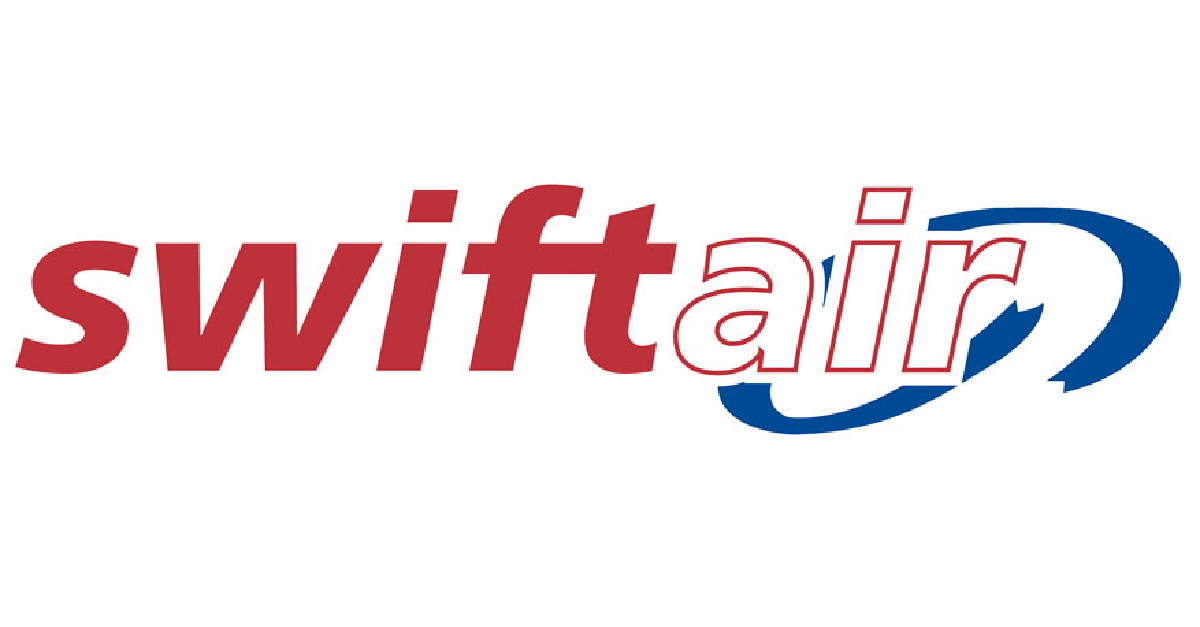By Use Case
By Industry
By Department

Requirements in the aviation industry are of course significantly higher than in most other industries in terms of regulations for internal workflows, controls and audits, and legal retention periods for documents being at least ten years. Swiftair had to continuously increase the limitations of its previous archiving approach, which was a combinationof paper and electronic documents. In the past, scanned documents along with electronic Excel lists, were emailed back and forth between different departments and external audit teams. There was a lack of transparency and traceability. Their physical archive was also reaching its limits, both in terms of space requirements and document search speed. An internal process analysis showed that only a comprehensive digitization strategy could solve these major challenges. Swiftair therefore decided to implement a professional document management system (DMS). Offers from various providers were obtained and analysed in terms of functionality, technical features and costs. DocuWare emerged as the clear winner.
The document management system DocuWare is a key component of our digital transformation. The processes in which we already use the solution have become faster, more transparent and more efficient. DocuWare Cloud offers us the highest level of security while providing broad availability to our documents.
Juan José del Prado Gálvez, IT Project Manager
Swiftair, Madrid
Smooth collaboration thanks to digital workflows
Although Swiftair is gradually expanding its use of DocuWare, it’s already being used on a daily basis by 150 employees in their HR, flight operations and finance departments. One of the most important use cases is maintenance. To document which parts of an aircraft need to be serviced or repaired, the engineer in charge creates a work order. Once the work has been carried out, an internal certification body checks the process. However, this is not the end of this process, because in the aviation industry, an external auditor must also prepare a formal final report. Swiftair works with a third-party service provider for this. In the past, the scanned receipts were sent by email.
Today, DocuWare takes over this workflow: After the documents are digitized, a work order is combined with other documents to form a document folder. The DMS informs the external auditors about the new process by email, so that they can open the folder with a click of the mouse. For the audit itself, DocuWare provides an electronic form that lists the applicable formalities and guidelines and serves as a checklist for the examiners. If all requirements are met, DocuWare automatically generates the final report from it and files it. At the same time, each responsible department documents the process in the fleet management system eMRO. DocuWare is connected to this system, so that users can access the relevant documents, including the test report, from the database – with a click of a mouse.
Optimizing business-critical processes
The advantages for Swiftair are many: On the one hand, the use of DMS has led to significant time savings in the daily workflow of virtually all departments, across the board. In the case of external collaborations, documents no longer have to be scanned and sent individually, as in the past. They are also retrieved much faster for use in an audit. Above all, however, digitization has helped Swiftair to significantly optimize their most business-critical processes. One example is the seamless cooperation with external auditors: Thanks to DocuWare, the individual process checks are now carried out efficiently and in a controlled manner despite auditors being in different time zones. DocuWare's secure cloud infrastructure ensures that documents are always available and provides numerous additional protections against data loss.